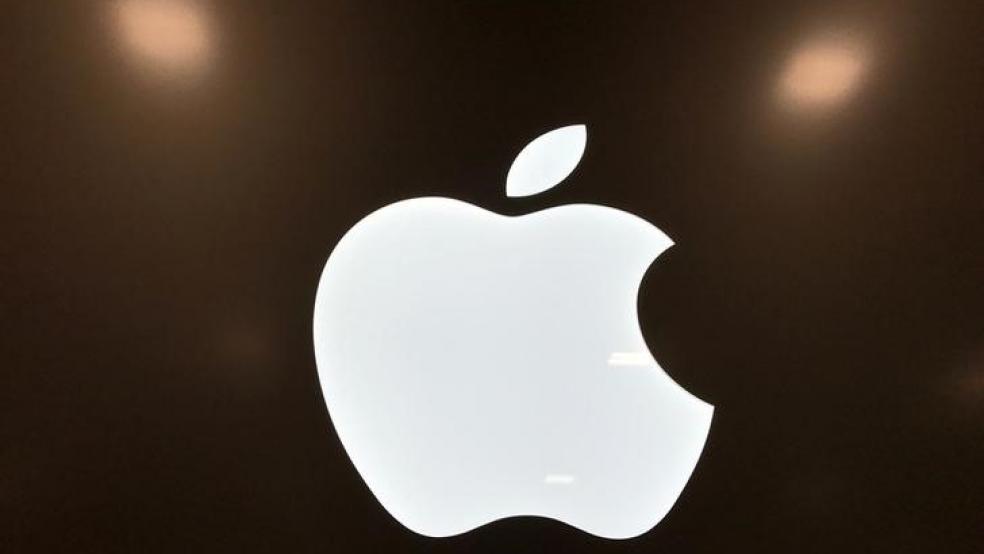WASHINGTON (Reuters) - Recent shifts in exchange rates should help the global economy, boosting Japan and Europe in particular, amid increasing divergence in the growth paths of the world's major economies, the International Monetary Fund said on Tuesday.
The Washington-based institution kept its global growth forecasts unchanged, with faster economic expansion in the euro zone and India expected to be offset by diminished prospects in other key emerging markets such as Russia and Brazil.But it cautioned that the economic recovery remains "moderate and uneven," beset by greater uncertainty and a host of risks, including geopolitical tensions and financial volatility.In its flagship World Economic Outlook, the IMF kept its forecast for global growth this year at 3.5 percent. For 2016, the IMF expects global gross domestic product to expand 3.8 percent, up from the 3.7 percent it forecast in January.The headline figures mask a growing split among major economies, in part due to the varying impacts of currency fluctuations and lower oil prices.The sharp rise of the dollar against the euro and yen is expected to be a major theme at the meeting of the world's top economic policymakers in Washington later this week. The currency moves have exposed some emerging economies as well. The IMF said monetary policies are driving most of the currency movements, as the U.S. Federal Reserve prepares to raise rates while the European Central Bank and Bank of Japan maintain their monetary stimulus.The currency effects should boost global GDP, supporting demand in the still-troubled economies of the euro zone and Japan, the IMF said, raising its forecasts for both regions.The IMF also cut its outlook for the United States, as a 10 percent appreciation in the dollar over the last six months dragged down net exports. But it said both the United States and China, whose yuan is linked to the dollar, have some policy space to offset the appreciation of their currencies.The IMF said China, however, could still face a greater economic slowdown as its rebalances away from investment toward consumption-led growth.The Fund also reiterated that many of the risks it highlighted in October, including geopolitical tensions and disruptive shifts in financial markets, could still derail the sluggish recovery."A world in which you have large movements in exchange rates ... is a more risky world, from a financial point of view," the IMF's chief economist, Olivier Blanchard, told reporters.The Fund also highlighted the potential for shocks around the first U.S. interest rate hike in nearly nine years, which could prompt capital outflows from emerging markets.The IMF said lower oil prices should add more than 0.5 percentage point to global economic growth by next year, but warned they could rise more quickly than expected and hurt global demand.The IMF's managing director, Christine Lagarde, last week called the current level of growth "just not good enough" to help millions of people stuck without jobs, and again urged policymakers to pursue deeper reforms to boost economies' growth potential. [ID:nN9N0WC00V] (Reporting by Anna Yukhananov, additional reporting by Krista Hughes; Editing by Leslie Adler and Dan Grebler)IMF says currency shifts support global economic growth

ROBERT GALBRAITH



